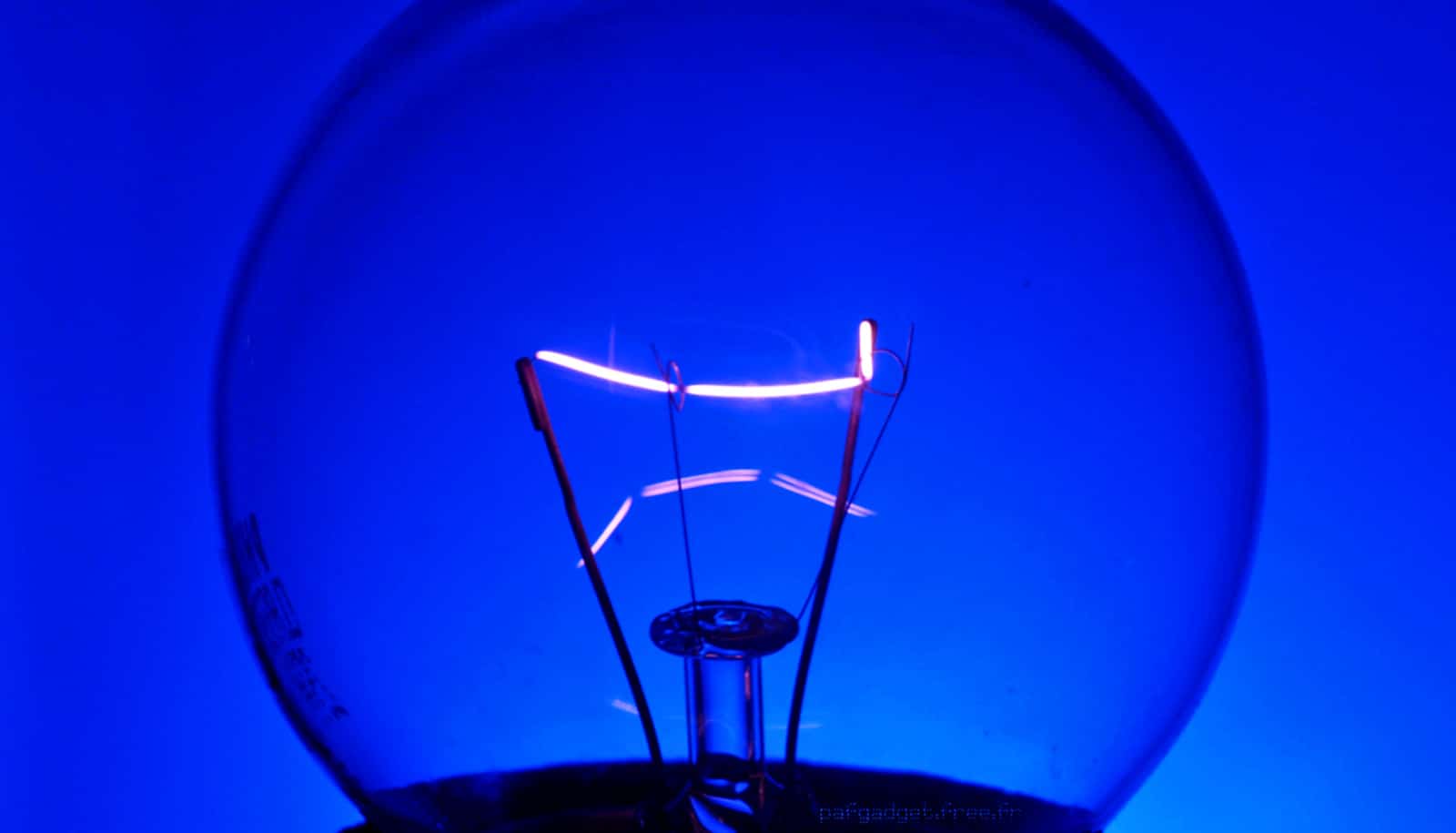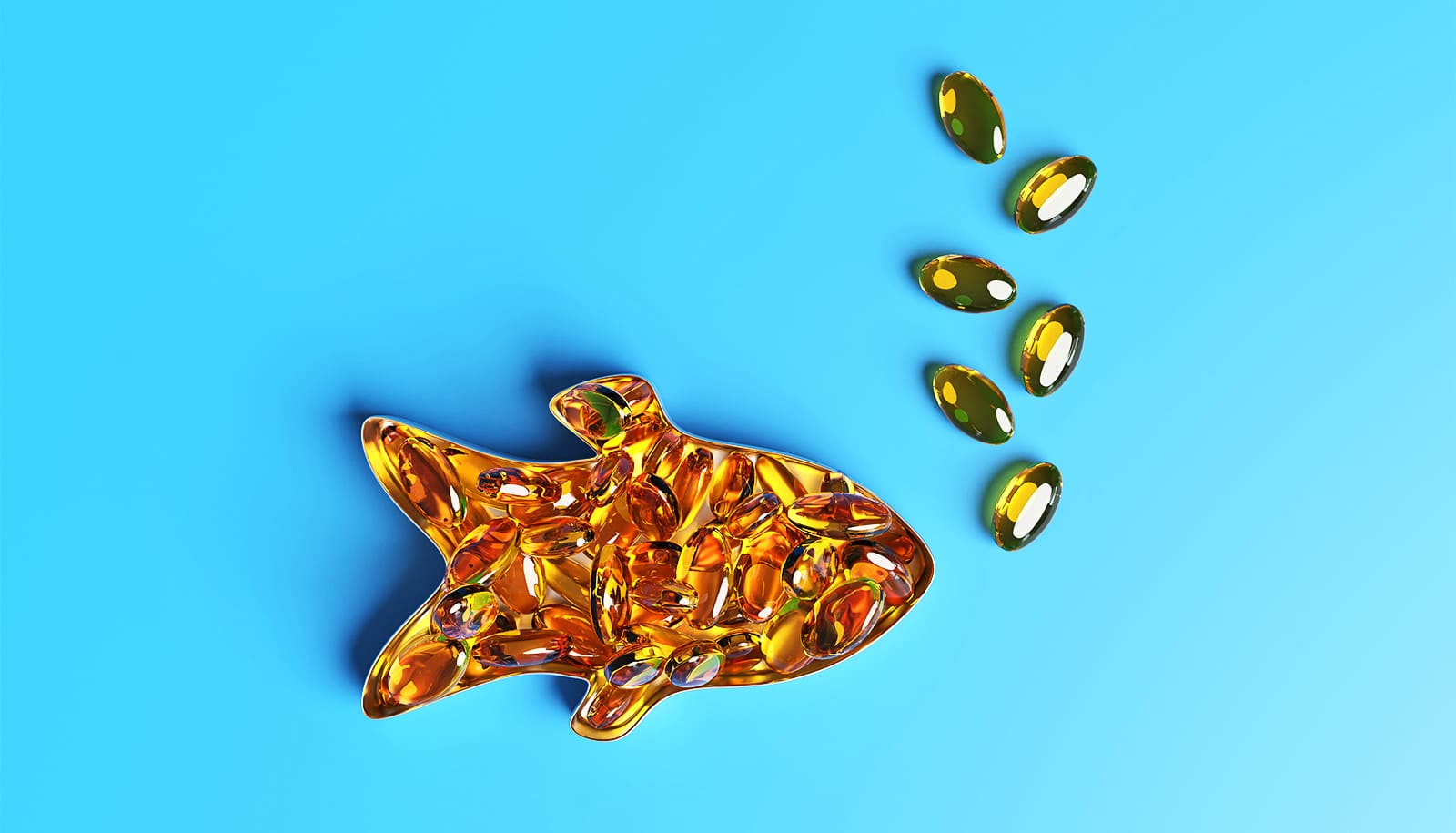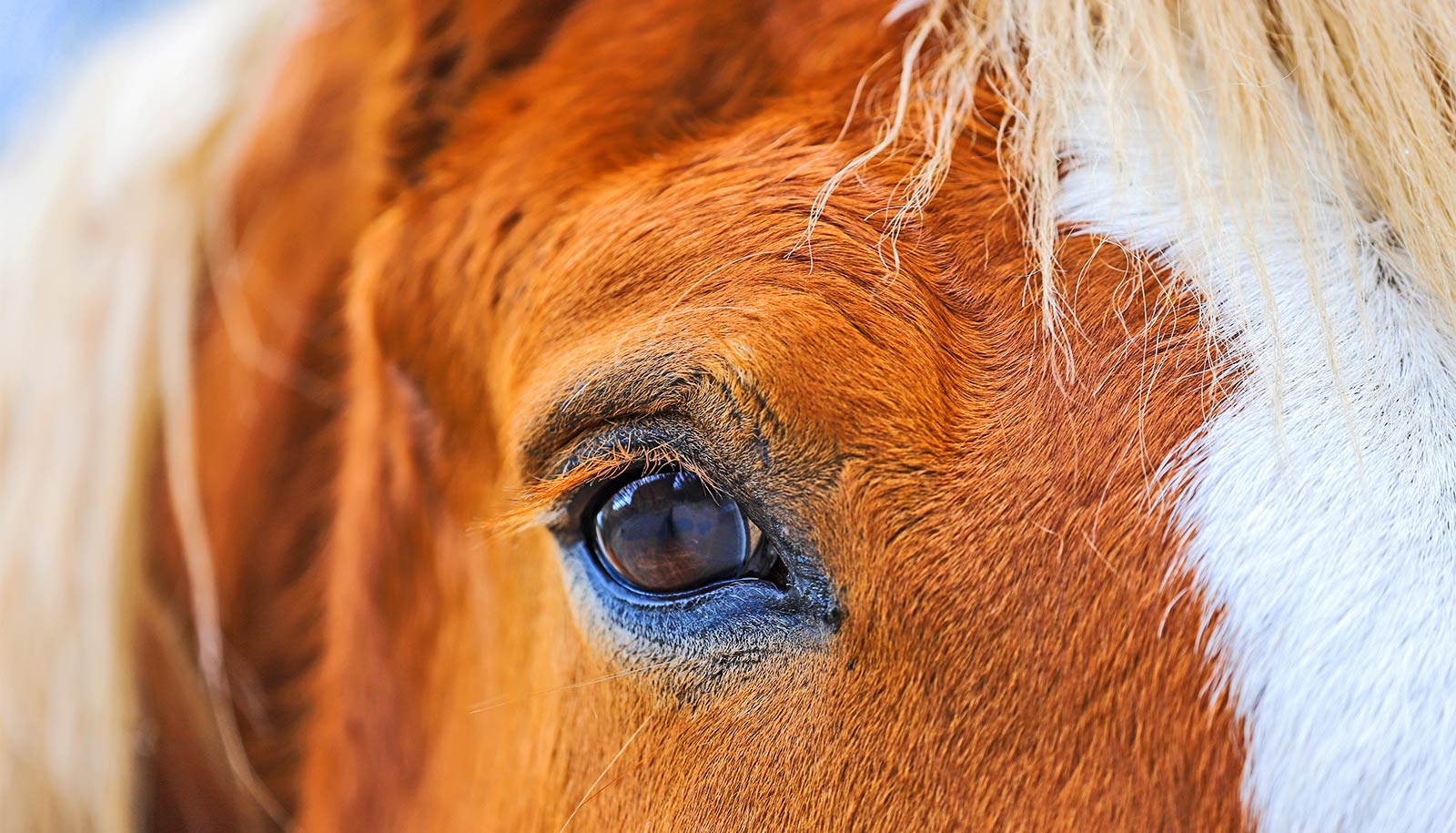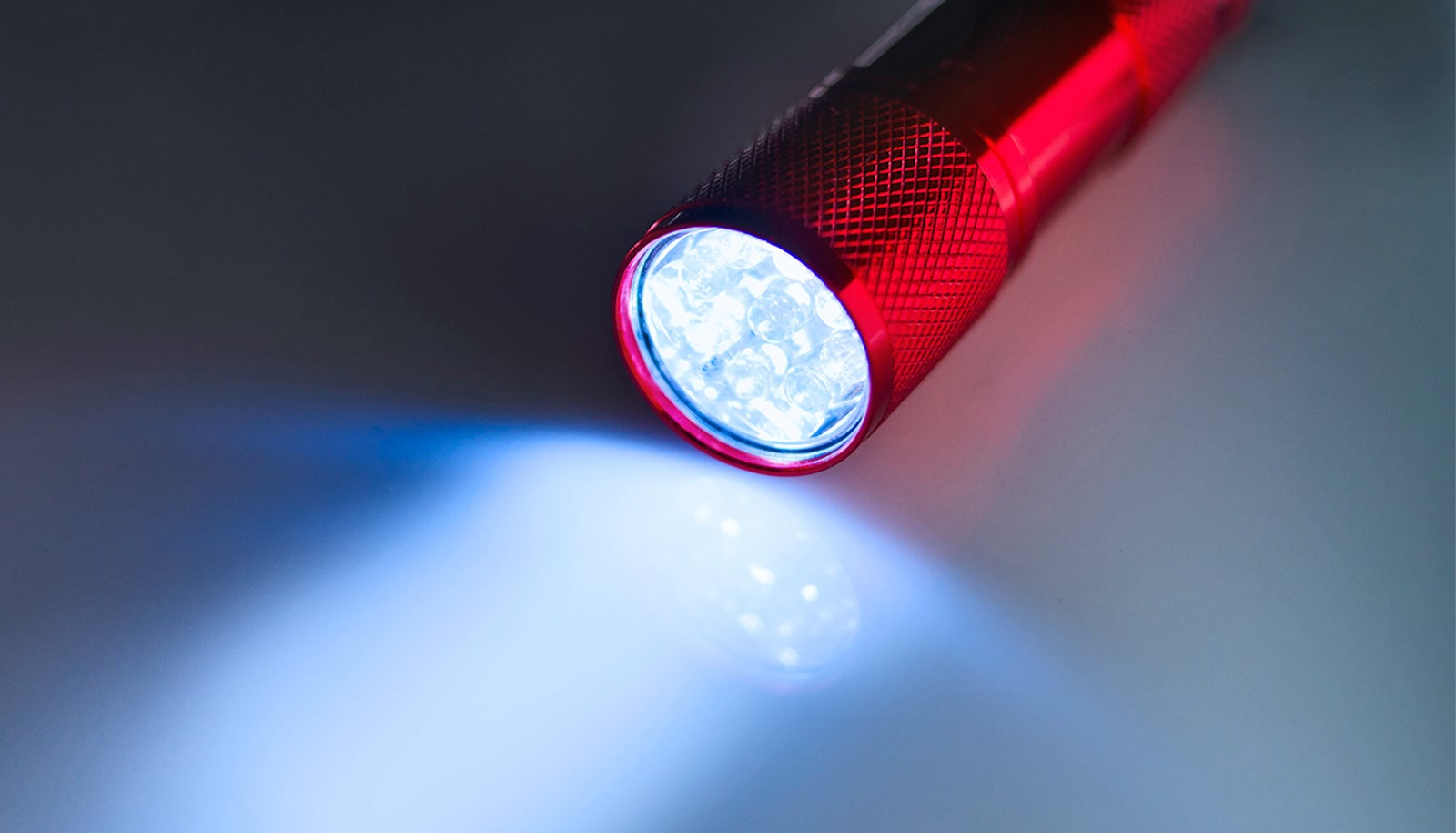Researchers have discovered that blue light kills cells in flies’ eyes, causing blindness. While it had long been known that blue light will make fruit flies go blind, it wasn’t clear why until now.
The findings could further scientists’ understanding of human ocular diseases such as macular degeneration.
In their study, researchers compared older fruit flies susceptible to vision loss when exposed to blue light with young flies that are immune to the effects of that light.
“When you put older flies in the presence of really strong blue light, you basically overload the neurons and the photoreceptor cells in their eyes die,” says Vikki Weake, assistant professor of biochemistry at Purdue University who studies aging in the eye and the genetic mechanisms that lead to vision loss as people age.
“But this doesn’t have to be,” Weake says. “There are natural conditions that confer resilience as we see with young flies.”
The researchers found that retinal degeneration in the flies strongly correlated with lipid peroxidation, oxidative damage caused to lipids by reactive oxygen species. Young flies showed no signs of lipid peroxidation.
“Cells in the eye are high in polyunsaturated fatty acids, and that makes those cells highly sensitive to this type of damage,” Weake says. “That makes this a very dangerous environment.”
The researchers could reduce the lipid peroxidation by feeding strong antioxidants to the flies. They were also able to stop the process entirely by overexpressing a protein called Cytochrome b5, which transports electrons to enzymes within cells.
The authors propose that Cytochrome b5 stimulates the activity of enzymes that detoxify reactive oxygen species.
“Cytochrome b5 overexpression rescues the blue light-induced retinal degeneration,” Weake says. “It strongly suggests that the cause of cell death in this blue light model is the lipid peroxidation. Reducing levels of other reactive oxygen species such as hydrogen peroxide, didn’t show such a strong effect.”
Blue light before surgery reduces organ damage in mice
Fruit flies could offer a model for studying degenerative ocular diseases in humans, including determining how genetic therapies or drugs could slow or stop vision loss, Weake says. While blue light affects fly and human eyes differently, lipid peroxidation is believed to play an important contributory role in the development of human retinal diseases such as age-related macular degeneration.
Weake will continue to explore how blue light affects gene regulation in photoreceptor cells to identify pathways that might be used to help these cells survive under stressful light conditions, or under more long-term chronic stress during aging.
The researchers report their findings in the journal npj Aging and Mechanisms of Disease.
The Ralph W. and Grace M. Showalter Research Trust, the National Institutes of Health and the Purdue University Center for Cancer Research funded the study.
Source: Purdue University



